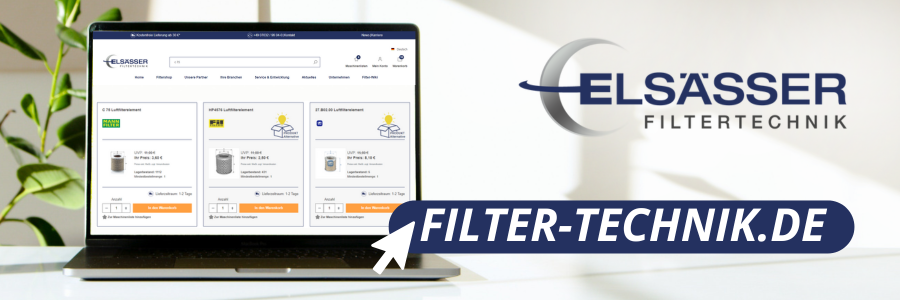Oil filters
Filter
140517050 oil filter spin-on Caterpillar


Stock:
0
Minimum order quantity:
1
Delivery time: 3-4 weeks



